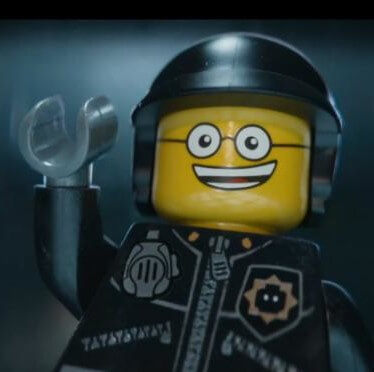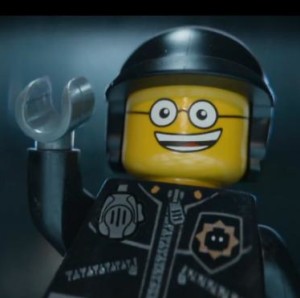
Much like the existential question about the tree falling in the forest, if something occurs during a session of court and there’s no court reporter around to hear it (or transcribe it), did it really occur? More importantly, if the losing party wishes to appeal a ruling that took place during the time when the court reporter was not around, can that party prevail? The simple answer, according to the Texas Court of Criminal Appeals, is NO.
In Davis v. State, the appellant challenged a certain ruling (the granting of a continuance over defense objection), but there was no record of the session of court in which the ruling was made. Accordingly, the appellate court could not determine whether the trial court erred in granting the State’s motion. The appellant asserted that the trial court had a duty to make a record of the hearing and that any deficiency in the record must work against the State as the party that made the motion. Not so, held the CCA, overruling the 5th District Court of Appeals (Dallas).
The CCA explained:
Our case law…imposes an additional, independent burden on the appealing party to make a record demonstrating that [a certain] error occurred in the trial court. This includes a burden to object when the official court reporter is not present, as he is required to be under Rule 13.1, in order to preserve and error that may occur for appeal.
Even though the State had that burden at trial, the appellant, as the appealing party, had an obligation to present a record in the court of appeals that demonstrates he in entitled to appellate relief.
And with that, the CCA overturned the 5th District Court of Appeals, and affirmed appellant’s conviction.
Moral of the story for criminal defense lawyers: Always request (under section 52.046 of the Government Code) that a court reporter be present for open sessions of court. You never know what you might want to appeal later. And if for some reason the court reporter isn’t present and you get an adverse ruling, make a later record of it. Give the appellate court something to go on, or else you will certainly lose. As the CCA put it, “it is the appellant who must bear the consequences of such a definicency in the record.”
Note: The CCA mentioned in footnote 19 that it has yet to weigh in on the question discussed in Polasek v. State, 16 S.W.3d 82 (Tex. App.—Houston [1st Dist.] 2000, pet. Ref’d) regarding whether Tex. R. App. P. 13.1 requires a court reporter at all sessions or whether section 52.046(a)(1) trumps. Section 52.046(a)(1) requires the court reporter only when one of the parties makes a request.
Judge Johnson concurred, but it is not clear (to me) why.


 In a case released yesterday from the Texas Court of Criminal Appeals (
In a case released yesterday from the Texas Court of Criminal Appeals (





